When Javier Peña was posted to Bogota by the US Administration for Drug Control in 1988, he only had four years of experience as an undercover DEA agent.
His work before the dangerous reassignment included busting minor operations against low-profile drug traffickers operating in the United States.
Peña aspired to be sent to Mexico, but his bosses decided that Colombia was a better fit. He was assigned to investigate and track down Pablo Escobar, the head of the Medellin Cartel and the world's most notorious drug trafficker of the time.
The late 1980s was one of the bloodiest periods in Colombian history. The expansion of the operations of narcotraffickers corroded all spheres of power in the country. It was into this world that Peña joined fellow DEA agent Steve Murphy's team to investigate the man who, at the time, was responsible for illegally importing almost 80 per cent of the cocaine circulating in the United States.
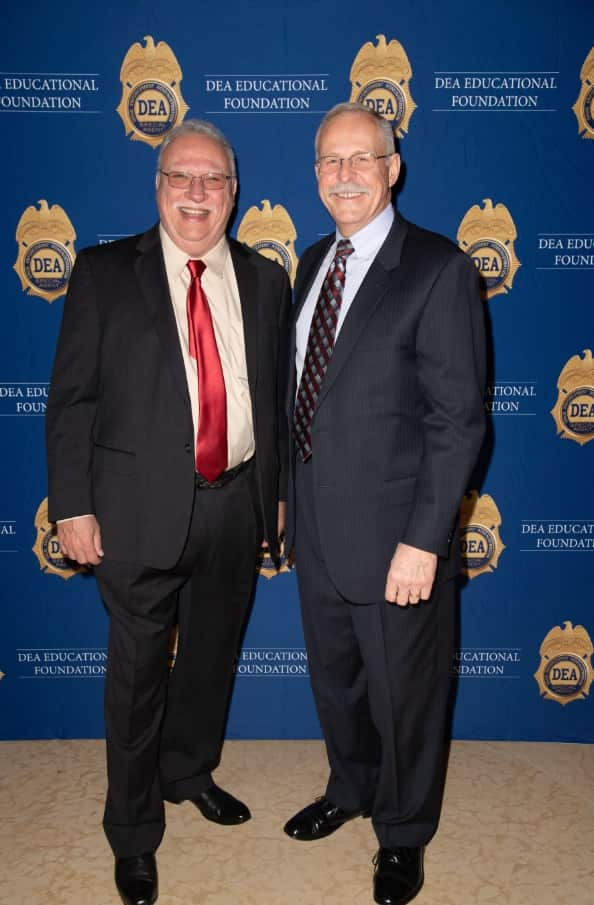
Escobar was considered the king of the Colombian drug lords. He was both respected and feared by many, as he had been portrayed as a Robin Hood-type figure that helped the most dispossessed. But his army of hit-men called 'sicarios', mostly young teenagers from impoverished slums, killed indiscriminately to enforce Escobar's political agenda.
“I didn't know what a 'sicario' was until then. Yes, there were many people who loved him and perhaps still do, but for us, Pablo Escobar killed many innocent people," Peña told SBS Spanish.
"They planted five to ten car bombs per day. Many innocent people lost their lives with these car bombs, they put them [bombs] outside the shopping centres and outside our base when we were leaving. It was [a level of violence] we had never seen before."
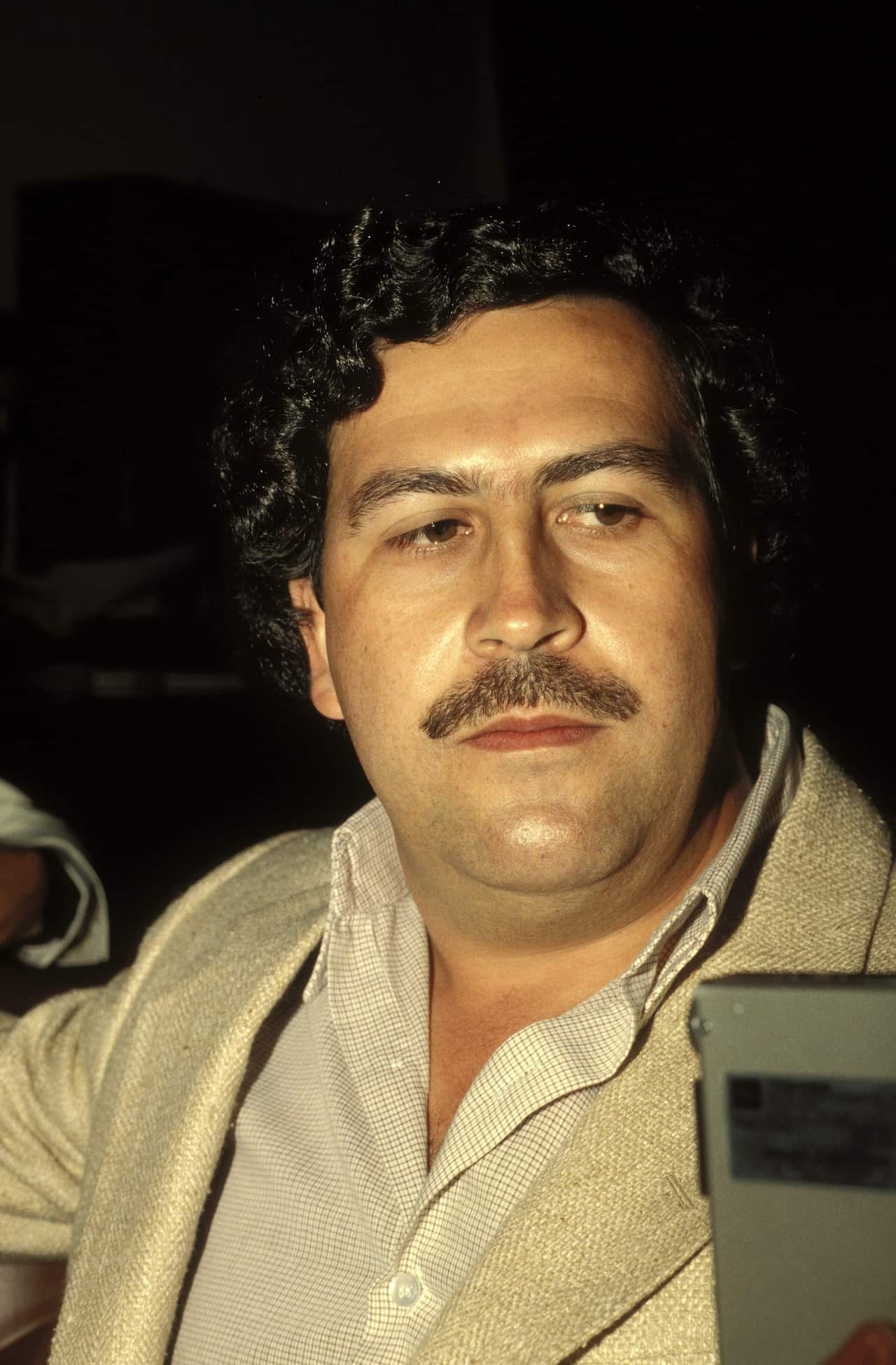
The memories of the bloodshed during Escobar's reign over the Medellin Cartel still enrages Peña to this day.
He remembers with horror the moment he found about the bomb that brought down the Avianca flight in 1989 where 107 innocent people perished. Peña will never forgive the countless murders of police officers, ordinary citizens and political leaders, as 'collateral' to Escobar's drug empire.
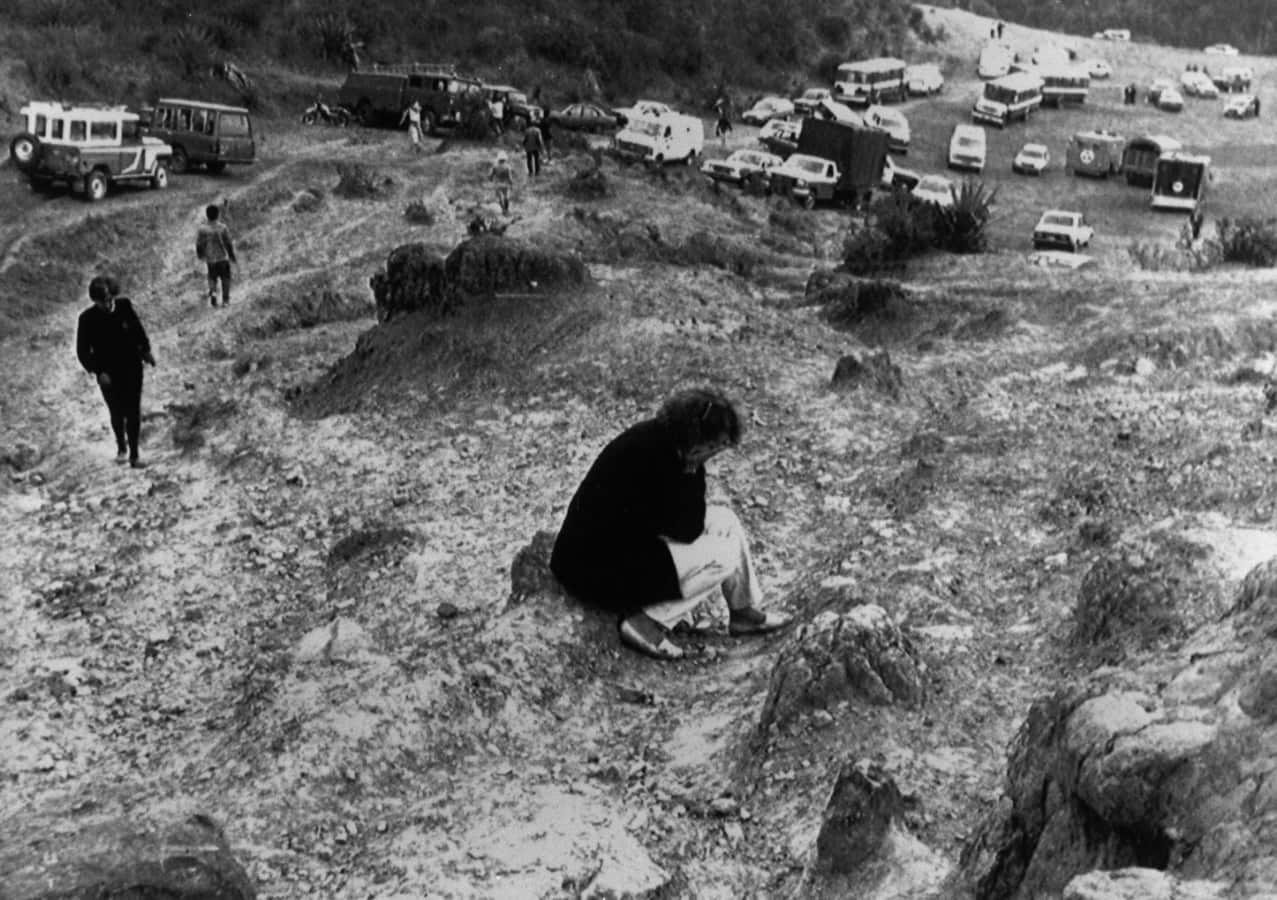
He remembers Escobar even placed a $100 bounty on the lives of police officers.
“The violence at that time in Colombia was gobsmacking, it was something that nobody had ever seen,” he recalls.
“Yes, Pablo Escobar helped a lot of people, but he expected something in return. His army of hit-men were always ready to go to kill for Pablo Escobar. He was a person who did a lot of evil. (...) He killed many of my friends who were policemen. That is why I will never forgive him."
Escobar's tentacles reached the highest pinnacles of Colombian politics. One of the biggest obstacles for the DEA was to overcome Escobar's economic power, which allowed him to negotiate almost everything with everyone, even his own imprisonment in a jail he had purpose-built, called La Catedral (The Cathedral).
In 1991, Escobar surrendered himself to the authorities, in exchange for not being extradited to the United States for the crimes he was charged with. An hour after his surrender, the country's Constituent Assembly approved the non-extradition of Colombians.
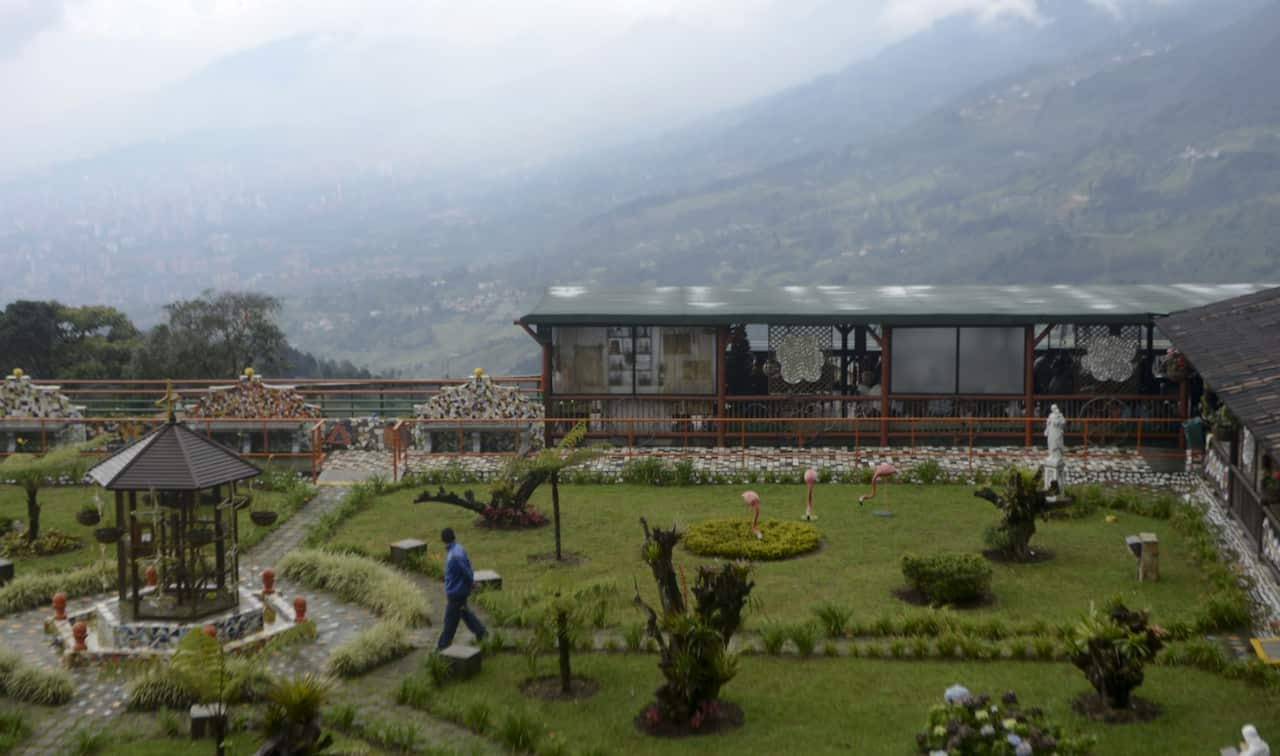
La Catedral was colloquially known as a "maximum comfort prison", as it had luxuriously furnished rooms, sporting fields and even a pool and billiard room.
“When the government let him 'surrender', we knew that this was going to be 'just for show'. He was going to have total control over his jail," Peña says.
For Peña, the conditions for his incarceration were so ludicrous, it almost seemed like a bad joke.
"He was going to build his own jail, take his own guards and nobody could visit him. The sentence was for five years. That was the worst for me," Peña says, highlighting that those conditions meant that there was no justice to be had for the victims.
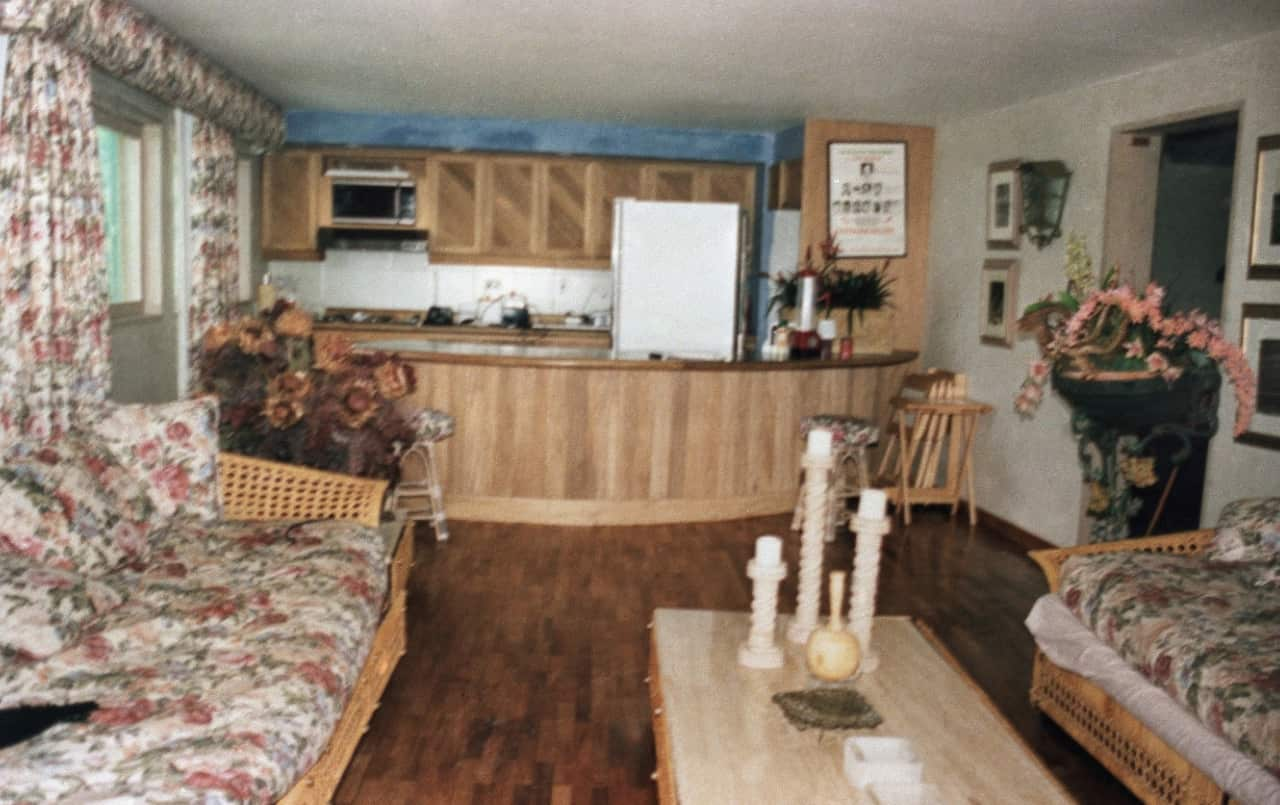
A second chance
Escobar's escape from La Catedral in July 1992 presented a new opportunity for the DEA team.
The Colombian government formed the so-called 'Search Block' whose mission was to recapture Escobar.
After 17 months of intense tracking, Escobar was finally cornered and shot dead on a rooftop in Medellin in December 1993.
On his role in this historical moment, Peña shares an important detail that was omitted in 'Narcos', the famous Netflix series about the life of Pablo Escobar.
“I was not there when he was discharged. My partner Steve Murphy was there, but I wasn't," he says.
"That day the ambassador had sent me to Miami because an informant wanted to talk to me. I tried to fight the ambassador by telling him that we were close [to finding Escobar], and to leave me there because we already had him in our 'cross hairs'. The ambassador won and sent me to Miami. I arrived in Miami and the one who told me that they just killed Pablo Escobar was the informant."
Peña regrets not having been present at that time of Escobar's death but celebrates it as "a triumph for Colombia" and a vindication for the victims.
“The real heroes were the National Police of Colombia, not us. I do want to make that clear. They were the ones who took their country back and avenged all the innocent people they killed."
Peña is proud to have been involved in the case since the success of the operation resulted in the dismantling of the Medellín Cartel.
Escobar's downfall was followed by the arrest of many of his accomplices, operational personnel and hit-men.
'El Chapo will not escape'
Regarding the recent life imprisonment sentence passed down in New York against Joaquín 'el Chapo' Guzmán, the leader of the Sinaloa Cartel, another of the most wanted drug traffickers in recent history, Peña says that the conviction "will not stop drug trafficking in Mexico".
"There are still many groups operating. A trafficker falls and there are others ready to take their places. The Chapo thing was a rightful sentence, and I can guarantee that he will not escape from there. He's not going to have the luxuries that he had in other prisons, but the traffickers will carry on. They want to make money and they will take their chances to try to make as much money as they can. Where there is consumption, there will be drugs."
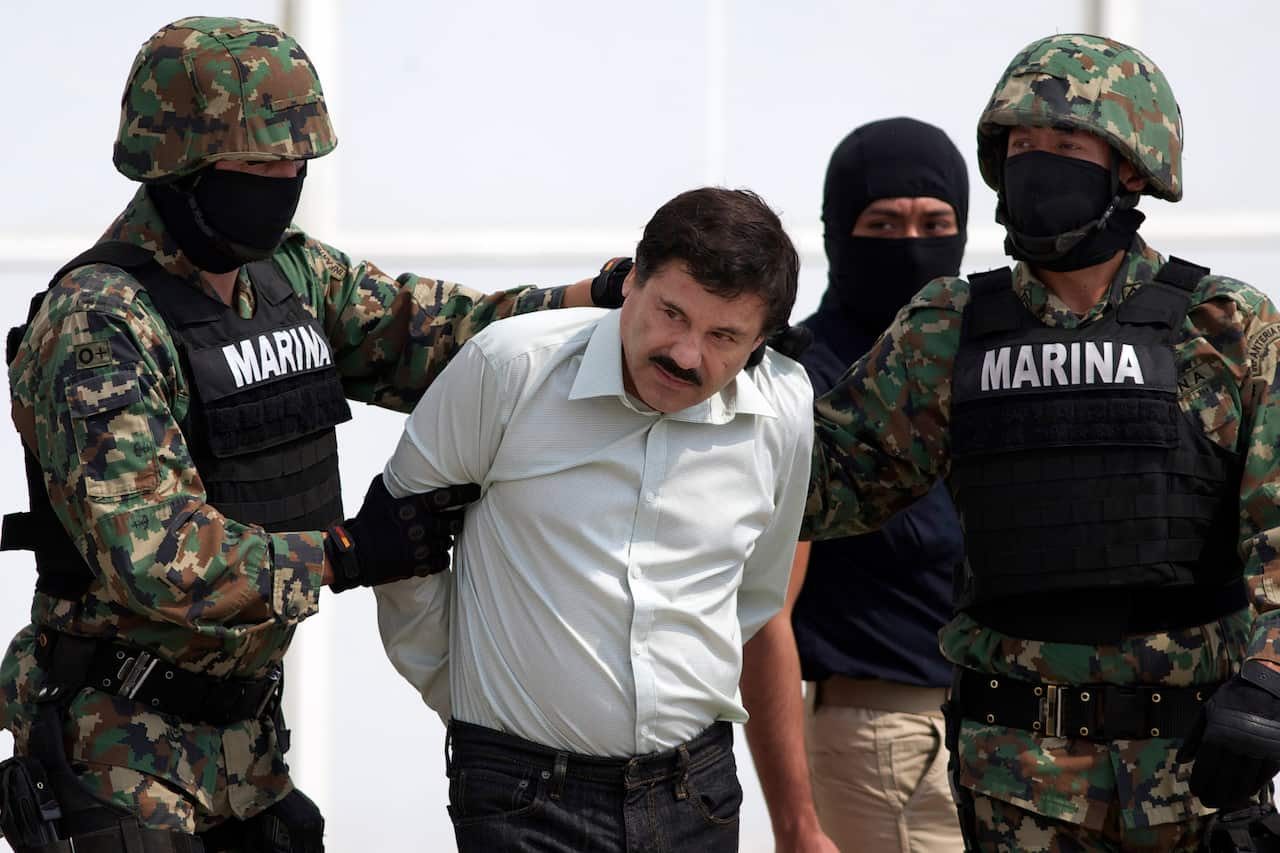
Amid the huge interest in the rise and fall of Escobar, the former DEA agent, who is now a consultant for the Netflix, is touring several Australian cities with Murphy to talk about the Narcos series and their participation in the case.
In their talks, Peña and Murphy talk about the reality of Escobar, beyond Hollywood's depictions, in order to offer a truthful account of this infamous character.
